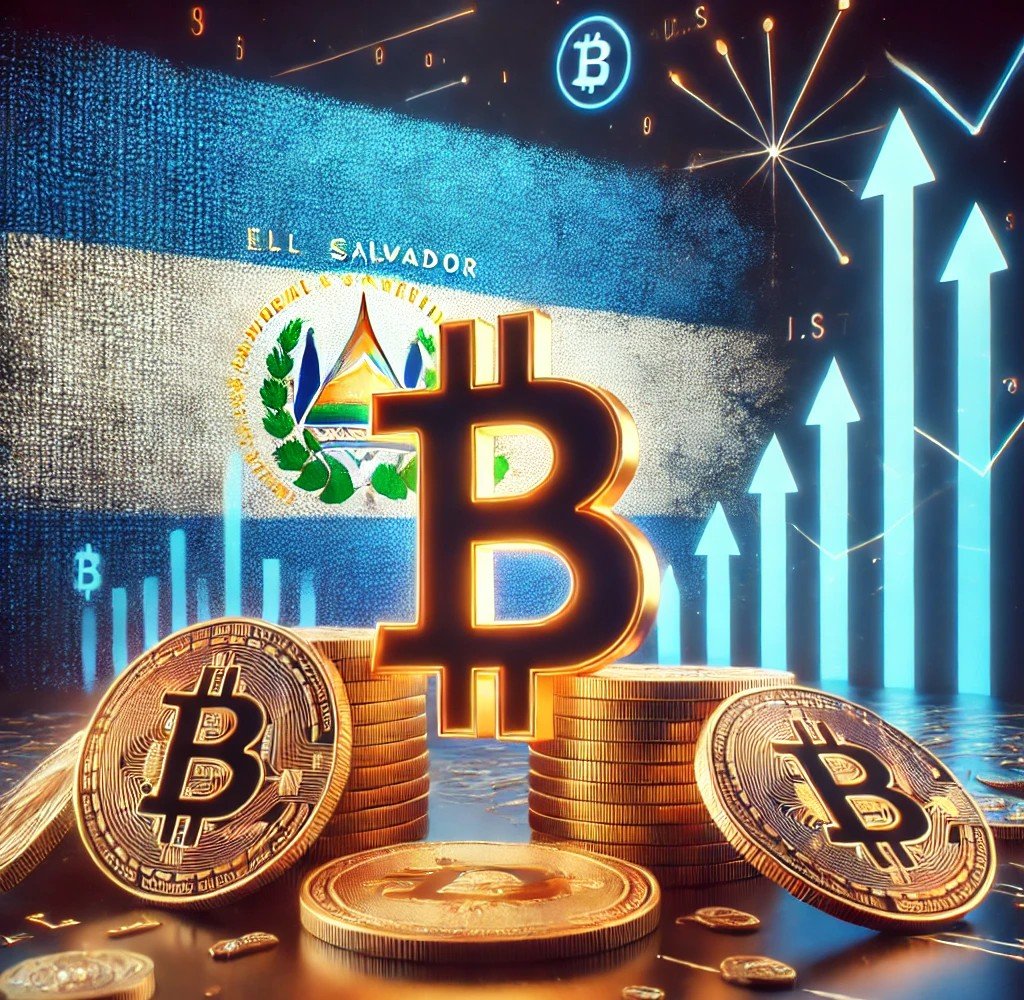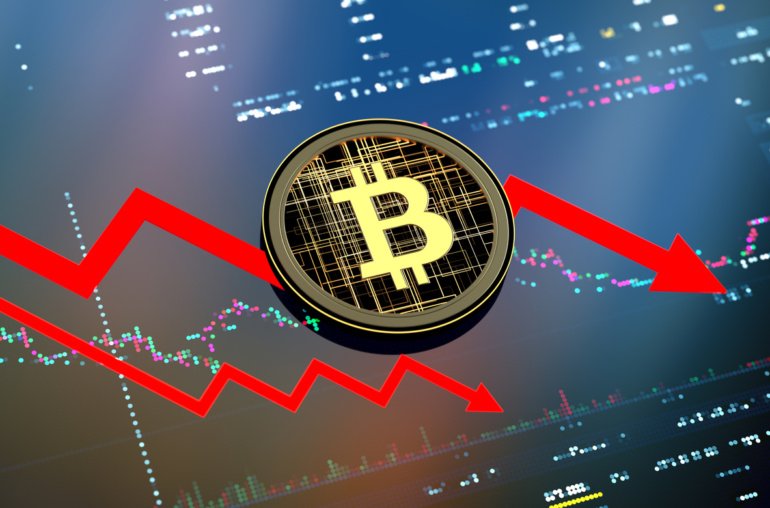El Salvador, a South American country, has been making significant gains in its Bitcoin investment portfolio, benefiting greatly from the recent surge in the crypto market fueled by Donald Trump. Analysts have reported that the value of El Salvador’s Bitcoin holdings has reached $632 million as the price of the digital asset soared to a new all-time high of $106,488 per coin.
President Nayib Bukele of El Salvador took to social media to share the impressive growth of the country’s Bitcoin portfolio, which increased by over 133% to reach $632 million. Bukele proudly announced that the nation had earned more than $350 million from its initial investment in Bitcoin, showcasing the success of their strategy. El Salvador initially purchased 5,966 BTC for $270 million, and with Bitcoin’s price surpassing $106,000, their holdings now stand at $632 million.
In 2021, El Salvador made headlines by becoming the first country to adopt Bitcoin as a legal tender. Bukele believes that integrating Bitcoin into the country’s economy will reduce reliance on the US dollar and promote financial inclusion and economic growth. Despite some skepticism and concerns about the volatility of digital assets among the citizens, Bukele remained steadfast in his belief in the potential of Bitcoin.
The value of El Salvador’s crypto portfolio faced challenges in 2022 when the price of Bitcoin dipped below $17,000, causing more doubts among the population. However, the recent surge in Bitcoin’s price to over $106,000 has proven to be a game-changer for El Salvador, with the value of their portfolio exceeding $600 million.
While El Salvador celebrates its success in Bitcoin investment, the International Monetary Fund (IMF) has urged the country to reconsider its stance on cryptocurrency. The IMF remains cautious about the volatility of crypto assets and the risks associated with such investments. Despite the IMF’s concerns, Bukele remains committed to his Bitcoin strategy and has even proposed transferring some of the country’s BTC assets to a secure cold wallet within the nation’s borders.
Additionally, Bukele has ambitious plans for Bitcoin adoption in El Salvador, including the establishment of Bitcoin City, a futuristic, tax-free hub powered by the country’s geothermal energy. These initiatives reflect Bukele’s vision for leveraging Bitcoin to drive economic development and innovation in El Salvador.
In conclusion, El Salvador’s success in Bitcoin investment highlights the potential for countries to embrace cryptocurrencies as a means of financial inclusion and economic growth. While challenges and skepticism remain, the recent surge in Bitcoin’s price has proven to be a lucrative opportunity for El Salvador, showcasing the benefits of strategic investment in digital assets.



